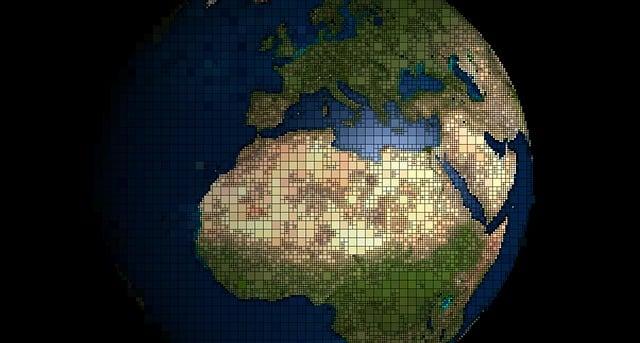“`html
The Impact of Globalization on Cultural Identity
In an increasingly interconnected world, globalization plays a significant role in shaping cultural identity. As countries engage in economic, political, and social exchanges, cultures blend, leading to both opportunities and challenges. This article delves into the multifaceted impact of globalization on cultural identity, exploring its benefits, challenges, and strategies for preserving distinct cultures.
Understanding Globalization
Globalization refers to the process through which businesses, cultures, and societies become integrated on a global scale. This phenomenon has accelerated in recent decades due to advancements in technology, communication, and transportation. Globalization impacts various aspects of life, including:
- Trade and Economics
- Cultural Exchange
- Migration and Urbanization
- Technological Advancements
The Relationship Between Globalization and Cultural Identity
Cultural identity encompasses the shared beliefs, values, and practices of a group. Globalization significantly influences cultural identity through the following ways:
1. Cultural Homogenization
One of the primary effects of globalization is cultural homogenization, where local cultures blend into a global culture. This phenomenon can lead to:
- Loss of traditional languages and customs
- Reduction in cultural diversity
- Standardization of lifestyles and consumer habits
2. Cultural Diversification
Conversely, globalization can also foster cultural diversification. Exposure to different cultures can encourage:
- Appreciation for diverse traditions and practices
- Innovation in arts and cuisine
- Cross-cultural collaboration and creativity
Benefits of Globalization on Cultural Identity
While globalization poses challenges, it also offers several benefits to cultural identity:
| Benefit | Description |
|---|---|
| Cross-Cultural Dialogue | Encourages interaction and understanding between diverse cultural groups. |
| Economic Opportunities | Facilitates the growth of cultural industries and tourism. |
| Global Awareness | Promotes awareness of global issues and interconnectedness. |
Challenges Faced by Cultural Identity
Despite its advantages, globalization also presents significant challenges to cultural identity:
- Threat of Cultural Erosion: Local customs and traditions may diminish as global influences take over.
- Marginalization of Minorities: Underrepresented cultures risk being overshadowed by dominant cultures.
- Consumerism: Global marketing often prioritizes materialism over cultural values.
Case Studies: The Fight for Cultural Preservation
Several regions exemplify the struggle to maintain cultural identity amid globalization. Here are two noteworthy case studies:
1. Indigenous Peoples and Cultural Revitalization
Indigenous communities worldwide face threats to their cultural identities due to globalization. Initiatives aiming at revitalizing indigenous languages, arts, and traditions have gained momentum. For instance, New Zealand’s Māori culture emphasizes the revival of traditional practices, language, and art forms, showcasing successful cultural preservation strategies.
2. Global Cuisine and Local Identity
The fusion of global cuisines illustrates the dual impact of globalization. In cities like Los Angeles and Toronto, chefs blend traditional recipes with global influences, creating vibrant food scenes. However, this can sometimes lead to the commodification of cultural dishes, where authentic culinary practices are diluted for mass appeal.
Practical Tips for Preserving Cultural Identity in a Globalized World
To maintain cultural identity while embracing globalization, consider these practical strategies:
- Support Local Industries: Choose local artisans and eat at family-run restaurants to preserve cultural heritage.
- Participate in Cultural Events: Engage in local festivals, workshops, and community gatherings to celebrate traditions.
- Educate Yourself and Others: Learn about your own culture and share knowledge with others to promote understanding.
- Advocate for Policies: Support initiatives that foster cultural preservation and diversity within your community.
Conclusion
The impact of globalization on cultural identity is complex, presenting both opportunities for enrichment and challenges to preservation. By understanding these dynamics and actively engaging in the protection of cultural diversity, individuals and communities can navigate the global landscape while celebrating their unique identities. It is through awareness, appreciation, and proactive efforts that we can ensure a future where diverse cultures continue to thrive alongside global influences.
“`



